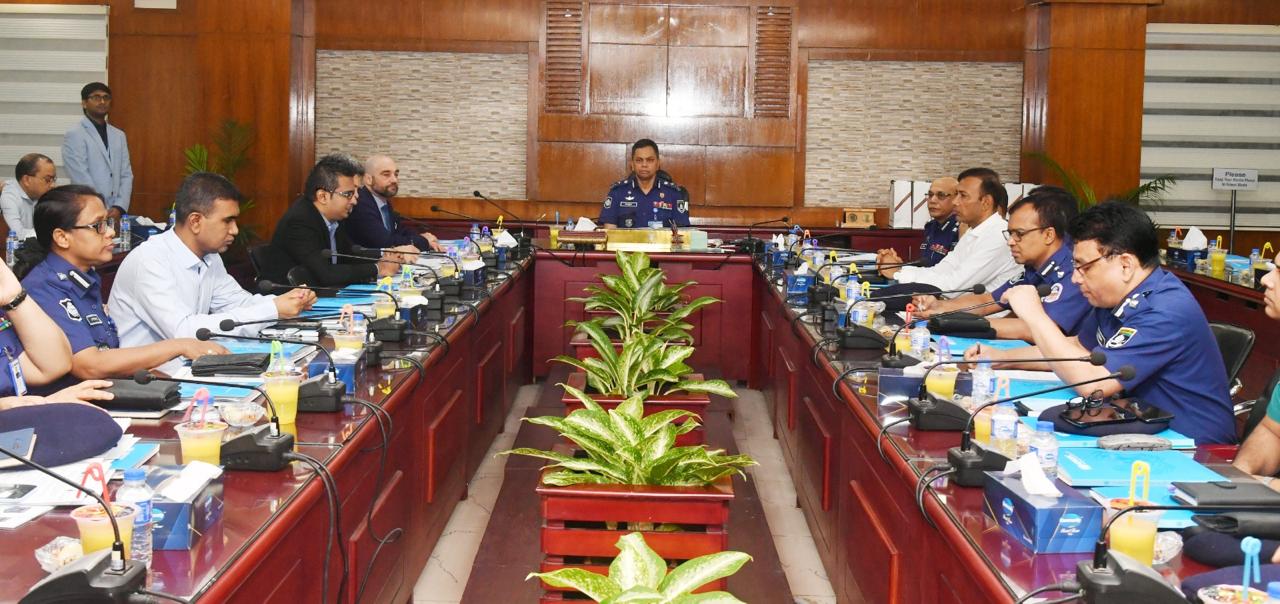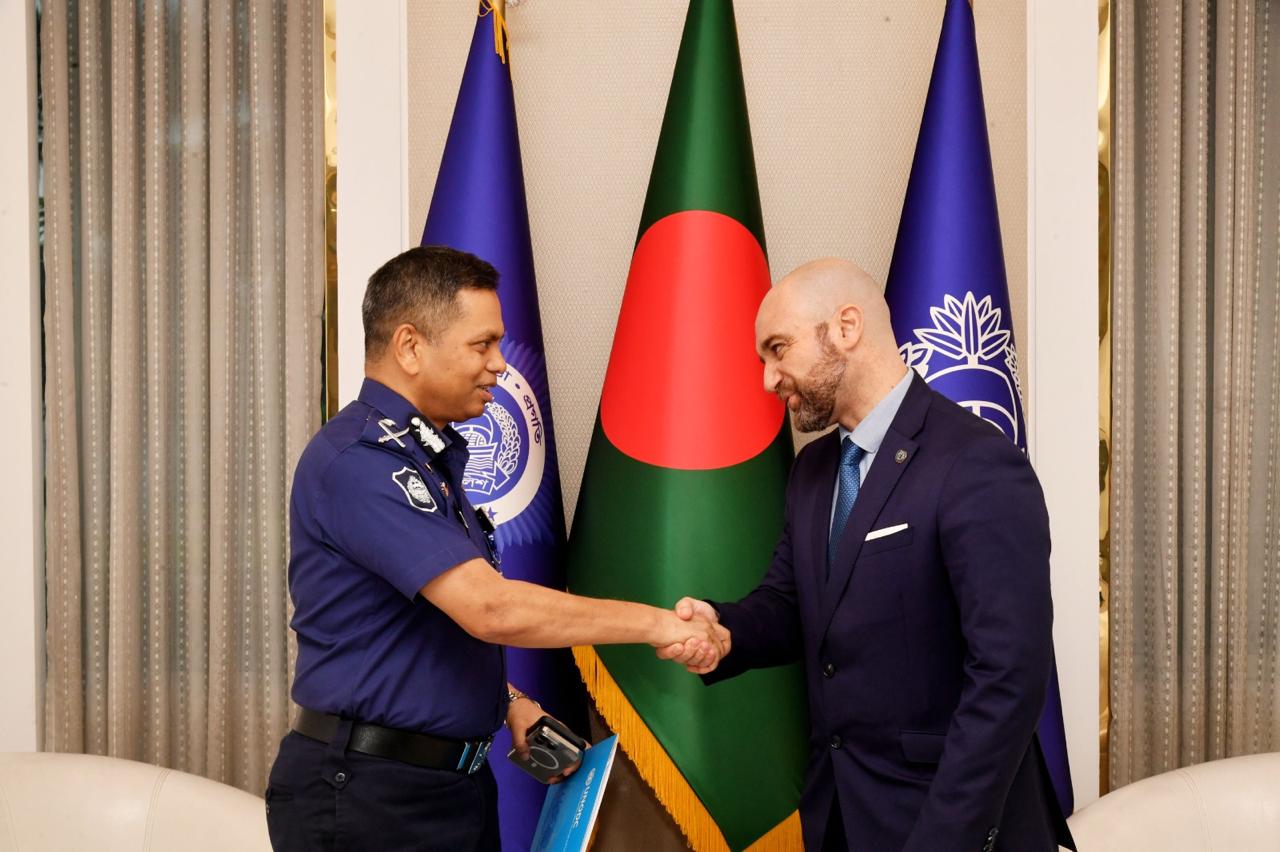Bangladesh: UNODC advances community policing responses to counter violent extremism and terrorism

Dhaka, Bangladesh/30 October 2024: Responding to violent extremism that increasingly threatens peace and stability, community policing has emerged as an imperative for fostering safety and building trust between law enforcement and local communities. Recent unrest, particularly among youth, has raised critical questions about how these community-focused methods can complement more traditional, forceful responses to violent extremism. Countries worldwide facing similar challenges recognize the potential of community policing as a frontline defense against radicalization and violence.
UNODC has embarked on a mission to bridge this gap by enhancing community policing practices to effectively counter terrorism and violent extremism. This initiative began with a Technical Needs Assessment (TNA), which examined the capabilities of Community and Beat Police in addressing these issues.
The assessment focused on four primary domains: policy, capacity building, awareness, and communications, aiming to create a robust framework for collaboration between local policing entities and the Anti-Terrorism Unit (ATU).

The findings and recommendations from the TNA were shared with over 40 high-and mid-level police officers from various units at a dissemination workshop chaired by the Inspector General of Police, Mr. Md. Mainul Islam, and Mr. Marco Teixeira, UNODC Regional Representative for South Asia.
Mr. Teixeira highlighted the transformative potential of community policing in combating violent extremism. “We are at a crucial juncture where fostering trust within communities can significantly reduce the risks associated with radicalization,” he said.
When people see police not just as enforcers but as partners in their safety, they are more willing to share information and work together to prevent violence. This sentiment resonated with participants, who recognized the urgent need for a collaborative approach.
Discussions focused on ways to cultivate a shared commitment among law enforcement to prioritize community engagement. The workshop also emphasized the importance of developing effective communication strategies to raise awareness about the role of community policing in preventing radicalization.
By reinforcing community policing strategies, Bangladesh is not only investing in a more effective security framework but is also cultivating a culture of safety and trust that can ultimately help prevent the escalation of violence.
The activity contributed to SDG 5, 16 and SDG 17: https://sdg-tracker.org/
(Supported by Global Affairs Canada)